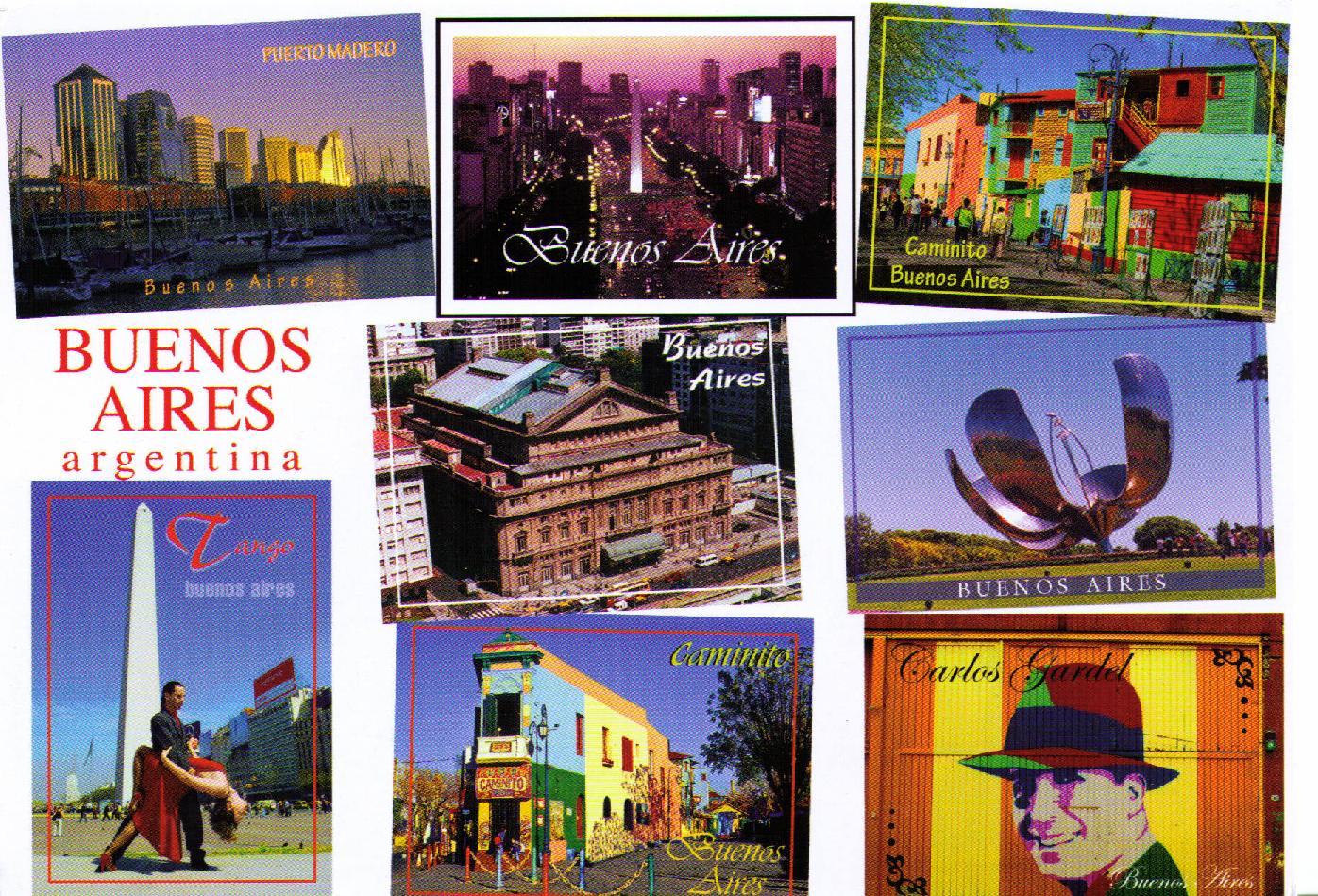For the most parts the Church in England followed the lead of their bishops, secular clergy acquiesced to the King's will, monks, nuns and friars for the most part took their pensions, took off their habits and left their monasteries but the Carthusians continued to suffer persecution, they remained loyal.
It is true that one of the questions going around, not just amongst Protestants but also Catholic reformers concerned the value of contemplatives in the Church. It was on the back of this that Henry began the suppression and despoliation of the monasteries. The Carthusians for the most part stood firm some were hanged, drawn and quartered like Saint John others simply imprisoned and left to starve to death in pison.
 It was the Carthusians again that became the target of rage of the French Masonic government of Émile Loubet, above is a widely circulated postcard of the expulsion of the Carthusians from the Grand Chatreuese in 1903. Whilst other religious were tolerated contemplatives were expelled, the French Carthusians came the England founding their monastery at Cowfold, the Solesmes Bendictine came too building Quarr on the Isle of Wight.
It was the Carthusians again that became the target of rage of the French Masonic government of Émile Loubet, above is a widely circulated postcard of the expulsion of the Carthusians from the Grand Chatreuese in 1903. Whilst other religious were tolerated contemplatives were expelled, the French Carthusians came the England founding their monastery at Cowfold, the Solesmes Bendictine came too building Quarr on the Isle of Wight.
Queen Victoria's remark about Carmelite nuns when being told that they spent their lives in prayer, 'Couldn't they be found something useful to do', marks an attitude to contemplative religious not only outside the Church but also within it. The Queen's views echoes Judas', 'couldn't this have been sold and the money given to the poor'.
There is a sense in which ordinary people are fascinated by the contemplative life but there is also a horror of it. A popular move of Henry's was to open the London Chartrhouse to the public, as sort of contemplative zoo. The more rationalistic the world or the Church becomes the more alien the contemplative is. I am sure that Henry would not have executed St John Houghton publicly unless it was considered to please some of the mob, the same could be said of the Carmelites of Compeigne during the French Revolution. The widespread distribution of postcards of the expulsion of the Carthusians shows it was not an unpopular move.
 Why are contemplatives problematic? It is presumably something about the 'otherness' of their lives, for Henry it was their rootedness in Tradition and their consequent refusal to sign the Act of Supremacy, it is the nature of contemplatives to view the future whilst being rooted in the past. The other problem is that their values are not those of the contemporary world, they tend to stand still rather than go out to the peripheries of contemporary thought, stat crux dum volvitur orbis, which means they don't get 'with the programme'.
Why are contemplatives problematic? It is presumably something about the 'otherness' of their lives, for Henry it was their rootedness in Tradition and their consequent refusal to sign the Act of Supremacy, it is the nature of contemplatives to view the future whilst being rooted in the past. The other problem is that their values are not those of the contemporary world, they tend to stand still rather than go out to the peripheries of contemporary thought, stat crux dum volvitur orbis, which means they don't get 'with the programme'.
There is something about the transcendent and otherness of their lives that says some important things about God; that he is above and beyond us, that he is unknowable, ineffable, which means he is beyond the control of Kings and governments, or even Churchmen.
The war on Liturgy that speaks of the transcendent of the post-Concilliar period uses the same arguments, or lack of argument, as those who have difficulty with the contemplative life. Liturgy that is pure worship, that does not seek to teach, or build community or to 'celebrate' in the contemporary sense of the word is equally incomprehensible, it is about esse rather than agere.
It isn't of course God that they want to control but man, ousting God means reducing man.
In England the result of Henry's reformation was the oppression of the poor and unproductive members of society, by the reign of Elizabeth rather than seeing the poor as alter Christi (remember the legends of those who entertained Christ or angels or saints disguised as a beggar, remember all those bequests for the poor in wills, those monastic schools, hospitals and guest houses which were swept away) they were whipped from parish to parish, branded, mutilated, they were no longer an icon of Christ, they were unproductive, of no value.
Today it is no longer the whip and the branding iron, now it is abortion and euthanasia which deal with unproductive, unwanted members of society. Catholics should always be concerned whenever contemplative religious are threatened.














